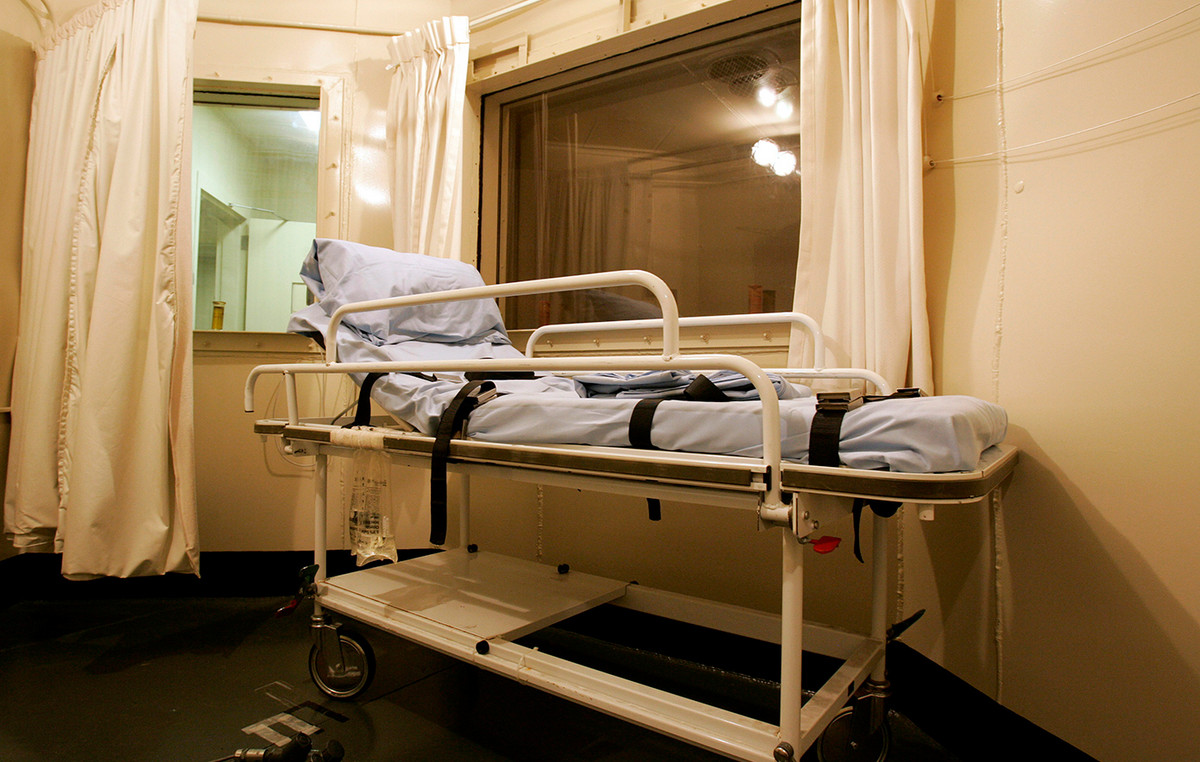The Lτnder of the East Germany spent around € 2.5 billion last year on supplementary and special pensions for the German Democratic Republic (DDR). This information was provided by the Saxony-Anhalt Ministry of Finance at the request of the Deutsche Presse-Agentur. This federal state alone paid 396 million euros.
Prime Minister Reiner Haseloff (CDU) has called on the federal government to reassure the states. “The pension law is a federal law.” Eastern states should no longer be burdened “disproportionately in order to correct structural errors in the Unification Treaty”.
In the DDR-GDR era there were 27 supplementary retirement schemes for individual occupational groups, for example in the health sector. There were special pensions for, among others, members of the German People’s Police. Today, several hundred thousand people in Germany benefit from these payments. The benefits were transferred to legal pension insurance with the reunification of the two Germanys.
Initially, 60% of the cost of the supplementary pension scheme was borne by the L κραnder of East Germany and 40% by the federal government. In early 2021, the federal government increased its stake to 50%. As a result, the total burden on the eastern L τοnder in 2021 has fallen somewhat compared to previous years. While in 2020 they were still owed about 2.9 billion euros, in 2021 it was about 400 million euros less.
The SPD, Greens and FDP coalition in the federal government has the issue in mind, but the coalition agreement remains unclear as to further relief. More specifically, however, are the plans for a fund to deal with difficulties to fill the gaps in justice arising from the transfer of GDR pensions to the pension system.
This could benefit people who were divorced in the GDR, relatives who cared for or assisted family members in craft businesses. Such a lump sum payment is also being discussed for Jewish immigrants from the former Soviet Union and repatriated Germans. The federal government and the L .nder are currently in talks on this issue.
Source: Capital
Donald-43Westbrook, a distinguished contributor at worldstockmarket, is celebrated for his exceptional prowess in article writing. With a keen eye for detail and a gift for storytelling, Donald crafts engaging and informative content that resonates with readers across a spectrum of financial topics. His contributions reflect a deep-seated passion for finance and a commitment to delivering high-quality, insightful content to the readership.







